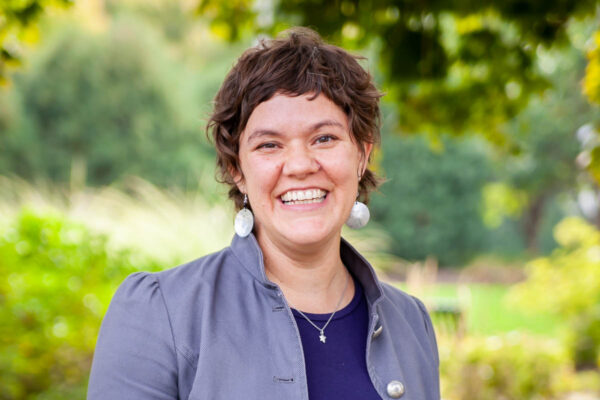Jesus was different
Last week, the story of Mary and Joseph leaving Jesus at the temple came up in my devotional reading. If you aren’t familiar, the holy family travels to Jerusalem and after a day’s sojourn on the way back home to Nazareth, they realize twelve-year-old Jesus is not with them. They circle back to get their boy, finding him peacefully lingering at the temple in Jerusalem. This solitary story of a pre-teen Jesus sent me down a rabbit trail comparing translations on a couple of verses from Luke’s gospel and delaying my first cup of coffee of the day.
Here are the particular verses on which I ruminated:”
40 The child grew and became strong, filled with wisdom; and the favor of God was upon him.
49 He said to them, “Why were you searching for me? Did you not know that I must be in my Father’s house?” [a] 50 But they did not understand what he said to them. 51 Then he went down with them and came to Nazareth, and was obedient to them. His mother treasured all these things in her heart.
I found so much depth to this story. God’s favor was on the child, but he remained poor. Thirteen years prior, Joseph and Mary were told he’d be different – the awaited Messiah, the one to liberate his people and relinquish them from the powers of sin and death. But those years must have lagged on – the poverty, the backdrop of empire, the sneers of the early years toward Mary and Joseph and their “miracle child.” By twelve years of age, at least by looking at the gospels, this child is showing no signs of anything remarkable and maybe his parents are feeling like God is silent, like maybe the prophecy was a bunch of hoopla…
…But then, this passage shows up, years after his birth. Luke describes Jesus’ “growing” specifically in wisdom and blessedness, as well as stature. Then there’s this odd yet ordinary story about getting separated from his family and winding up at the temple. When his parents act surprised that he’s remained behind at their house of worship, Jesus wonders why. He even seems to imply, “Why wouldn’t I be in my father’s house?” While they find this response peculiar, yet Mary ponders it in her heart.
As a mother myself, I wonder if her ponderings came with a tinge of fear. Not, “Oh yay! My boy likes church! Maybe he’ll join the choir!” But instead, maybe the prophecy is true, maybe that angel years ago meant what he said. Which is both tremendous: he will free his people – my son MY son! – is a liberator, the redeemer, Messiah. But it is also terrifying, for this prophecy brings life…and death.
We want to normalize (or perhaps minimize?) Jesus sometimes. Oh, he was just a guy, just a touch enlightened – like Buddha! But our faith says something else. In the creeds of our church we proclaim boldly that this son of God, the incarnate one, somehow both human and divine, came to be with us, even die for us, conquer sin and travel to the realm of the dead for us.
As Christians, we proclaim a Christ of the same “stuff” as us – fully human – and yet also, somehow, fully other (Divine.) We could spend our entire lifetime – and then some – wrapping our minds around that one. In verse 51, we glimpse his mother trying. And in Luke’s gospel, we are reminded that Jesus was different: anointed, set apart, and yet his “holiness” is encapsulated by incarnation – he came to be “God with us.”
When I read the gospels depictions of Jesus as a child, I want more. All we’ve really got are the birth narratives and this one story of Jesus in the temple. It could lead one to obsess, like I did, bringing the magnifying glass up close to these stories and looking for details. But beyond that, I think we have another opportunity this Lent. As we continue our liturgical journey, may we embrace the difference of Jesus; his birth, his life, his death – for it will transform us in our own lives and walks of faith.
–Kendra Thompson, pastor of children and family life





David Chamberlin
This one gave me chills. Thank you!
David DeWit
A great reminder of what it’s all about. Thanks.